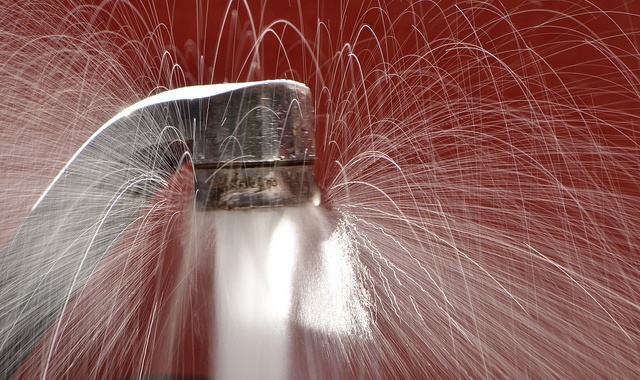To respond to the Do Now, you can comment below or tweet your response. Be sure to begin your tweet with @KQEDEdspace and end it with #DoNowWater
For more info on how to use Twitter, click here.
Do Now
Should we consider water as a commodity, available only to those who can pay for it, or as a right, freely available to everyone to use (and to waste)? Why?
Introduction
Water is essential to life on earth, but only 2.5% of the world’s water is freshwater and the majority of that is locked up in glaciers and ice caps. Our historic water sources may be drying up as a growing number of companies, cities and individuals compete for water. Runoff from glaciers and snowpack has historically helped keep reservoirs full, but due to global warming, these resources are getting smaller and melting earlier. Another major source of the world’s drinking water is aquifers, or underground reservoirs. These “invisible” lakes are being emptied faster than they are being replenished. The current drought in California may even leave some cities and areas in the state without water at all. While certain water districts and cities put water restrictions in place, others are reluctant to do so, or don’t have the means to enforce restrictions.
The solutions to our water issues are complex. In most cities in the United States, people pay the city to transport and filter water, usually a few dollars per 1,000 gallons of water or a flat fee. In rural areas, water is often supplied by homeowners’ wells. In some areas, desalination plants have been put in place to make ocean water safe to drink, but desalination is a long and costly process. When water is scarce, factories, farmers and individuals have to compete for the same rare resource. Some say that putting a higher price on water would give people an incentive to conserve. Not only would they save water, they’d save money, too. But others say that this would give the wealthy an advantage, and that the only solution is to treat water as a universal right, free and available to everyone regardless of ability to pay.
What do you think? Should water be treated as a right or a commodity? Should it be equally available to all people regardless of conservation efforts and labor costs? Or should it be a commodity, more easily accessible to those who are financially well off? What other information would you need before deciding?
Resource
